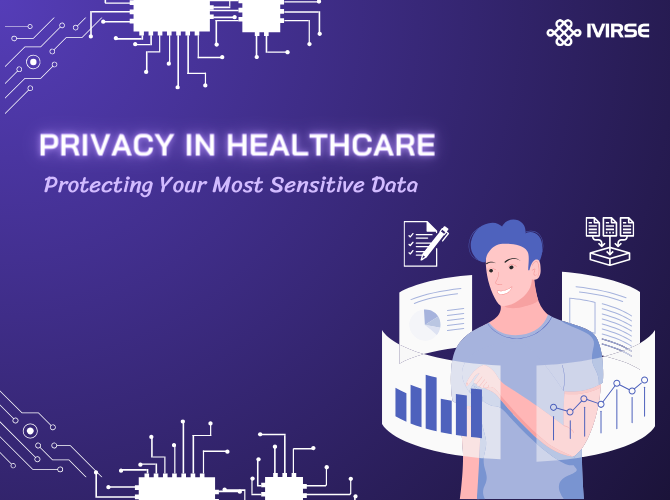Privacy in Healthcare: Protecting Your Most Sensitive Data
In the digital age, the protection of sensitive data is paramount, especially when it comes to our health information. Healthcare privacy involves safeguarding personal health information from unauthorized access, misuse, or disclosure. This is not just a matter of confidentiality; it's about maintaining the trust between patients and healthcare providers.

Why is Privacy Important in Healthcare?
- Trust and Confidentiality: Patients share intimate details about their lives with their doctors, trusting that this information will remain confidential. This trust is the cornerstone of the patient-doctor relationship and is essential for effective care.
- Security of Personal Data: With the advent of electronic health records (EHRs), the potential for data breaches has increased. Sensitive data falling into the wrong hands can lead to identity theft, financial loss, and even blackmail.
- Compliance with Laws and Regulations: Healthcare providers are legally obligated to protect patient information under laws like HIPAA in the United States. Non-compliance can result in hefty fines and legal action.
How Can We Protect Sensitive Healthcare Data?
- Strong Data Encryption: Encrypting data both at rest and in transit ensures that even if data is intercepted, it cannot be read without the proper decryption key.
- Access Controls: Implementing strict access controls ensures that only authorized personnel can access sensitive information. This includes using strong passwords, biometrics, and two-factor authentication.
- Regular Training: Healthcare staff should receive regular training on the importance of data privacy and the best practices for maintaining it.
- Audit Trails: Detailed logs of who accesses patient information and when can help detect and prevent unauthorized access.
- Patient Education: Patients should be educated about their rights and how they can protect their health information.
In conclusion, protecting the privacy of healthcare data is not just a legal requirement; it's a moral imperative. As technology continues to evolve, so too must our strategies for safeguarding this most sensitive of information. By taking a proactive approach to privacy, we can ensure that patient data remains secure and that the integrity of the healthcare system is maintained.
Comment
Latest news
2025 Healthcare Breakthroughs: Trends to Watch!
Most viewed
Mind Matters: Prioritizing Mental Health with OOMY
In today’s fast-paced world, mental health is often overlooked. OOMY is here to change that by putting your well-being first. With its suite of mental health features, this app acts as your digital companion, guiding you through life’s ups and downs.
Unveil Your Inner Voice: OOMY’s Random Tarot Messages
Do you ever feel like the universe is trying to tell you something? OOMY’s Random Tarot feature brings a touch of magic to your everyday life. Whether you’re seeking guidance, inspiration, or just a moment of reflection, these cards offer a doorway to self-discovery.
Walk Your Way to Wellness: Discover Happy Hike on OOMY
Winter is here, and staying active can be a challenge. With OOMY’s Happy Hike feature, walking becomes more than just a physical activity – it’s a holistic experience that connects you to nature and your inner self. Whether you’re strolling through a park, jogging along a trail, or simply taking steps around your neighborhood, every movement matters.
Embrace Winter Wellness with OOMY's Meditation Feature
Winter mornings can be tough. The cold weather tempts us to stay in bed a little longer, leaving us feeling sluggish and uninspired. However, starting your day with morning meditation can change your entire outlook. Let’s explore why and how OOMY’s meditation feature can help you embrace the chill while prioritizing your mental and physical health.